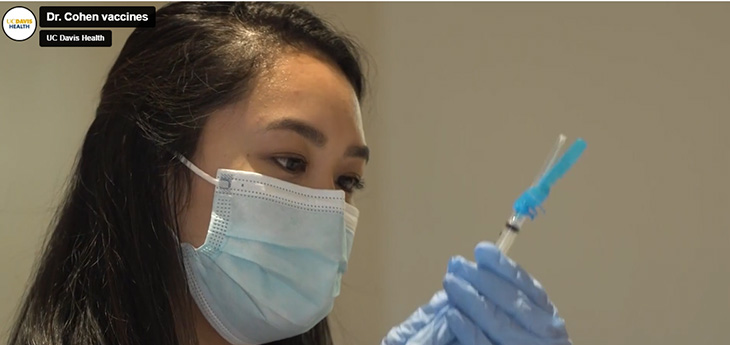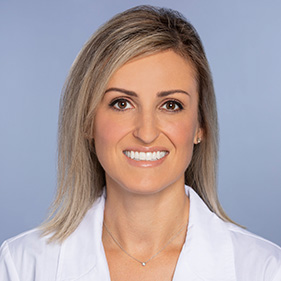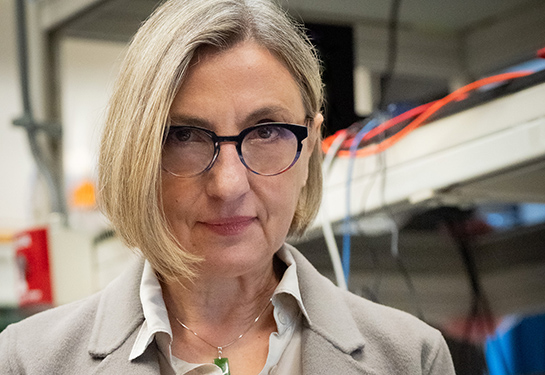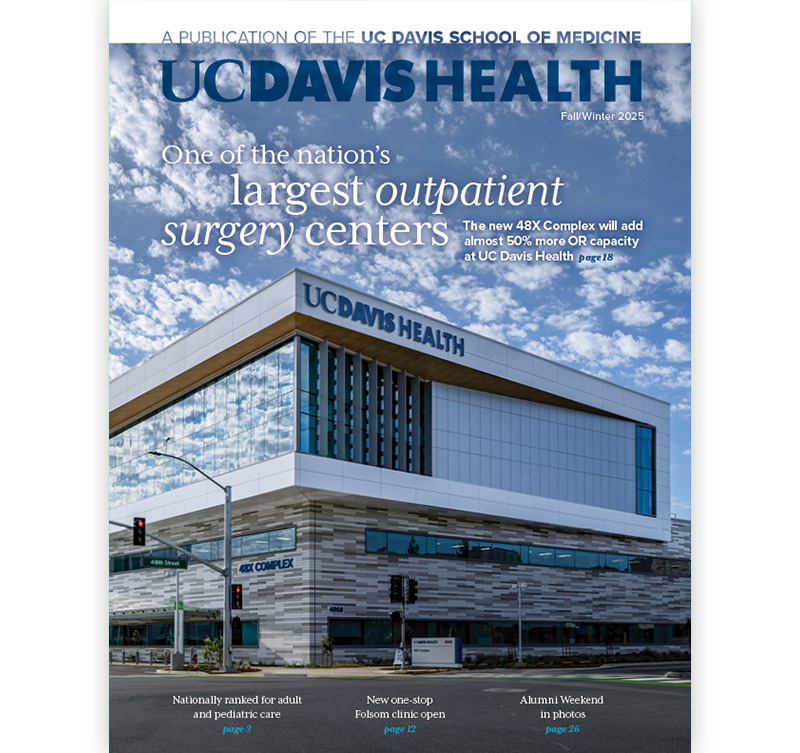COVID in 2023: How health experts are handling new vaccines and guidelines
‘I’m not comfortable without a mask on flights.’ Infectious disease doctors get personal about their habits
COVID infections are expected to rise in fall 2023. Doctors say COVID dangers have not “ended.” They anticipate seeing more patients with COVID symptoms, along with the usual colds, flus and other contagious respiratory illnesses.
Should you wear a mask? Or avoid large gatherings? Many people have questions about guidelines for living their daily lives.
Dean Blumberg, chief of pediatric infectious diseases at UC Davis Children’s Hospital, and Natascha Tuznik, associate clinical professor of infectious diseases, recently shared their thoughts about smart safety protocols in an article for The Washington Post. Here’s what else they said.
What illnesses do you expect to see this fall?
Tuznik: I am concerned about the increase in patients in the hospital. We expect to see COVID along with the flu and respiratory syncytial virus (RSV). Anyone is susceptible to all three, especially those who already have other underlying illnesses and immune system disorders.
Blumberg: I expect that there will be the usual increases in winter respiratory viruses, which of course now includes COVID. I do not expect that this will be as bad last year when we saw a “tripledemic.” I’m hoping that was a one-off. The wild card is the possible appearance of new COVID variants that may result in increased transmissibility or immune escape. We are already keeping our eyes on the current variants.
What will be your approach to the new COVID booster and flu vaccine?
Blumberg: I would like the updated booster as soon as it is available. I’m planning on [getting the] influenza vaccine in October but will be monitoring influenza activity and will get vaccinated sooner if it turns out to be an early flu season. There’s good data on the efficacy of the new RSV vaccines; now I'm looking forward to seeing further data on their safety.
Tuznik: The sooner you can boost your immune system, the better. As with all vaccines, they are quite effective at preventing hospitalizations and death. The new RSV vaccines for adults appear to have a relatively safe side-effect profile. They are new – just approved this year. If you are 60 or older, it may be worth discussing the risks and benefits with your doctor.


What COVID-safe rules or habits are you following in your own life? Are you going to restaurants and the movie theater?
Tuznik: I will keep checking the rates of all three viruses, to see how widespread they are. Based on that, I may take extra precautions. Ever since the pandemic I try to eat outdoors as much as possible and avoid going to movies on opening night. If COVID continues to spike, then I will likely avoid unnecessary indoor environments. Things like restaurant dining, movies and concerts are optional in my opinion.
Blumberg: I am continuing with usual activities, including traveling. For now, I am continuing to eat inside restaurants. The most risk of transmission is generally from your immediate dining companions since the waitstaff, and other patrons are usually not very close for very long. If I trust those at my table to be mindful of any symptoms and current with vaccines, then I’m good.
If COVID continues to spike, then I will likely avoid unnecessary indoor environments. Things like restaurant dining, movies and concerts are optional in my opinion.”—Natascha Tuznik, associate clinical professor of infectious diseases.
Are you still wearing a mask in Fall 2023?
Blumberg: I’m a big believer in masking, so I’m comfortable at indoor or outdoor crowded events while I’m masked. I usually use a regular surgical mask for crowded outdoor events, but upgrade to N95 or KN95 if I’m close to people indoors or on a plane. I stopped masking this summer. It felt weird sometimes to be maskless. But with COVID rates increasing, I’m thinking of going back to masking while indoors at stores and other venues. I’ve maintained masking on planes — it’s so crowded and people close by are sniffing and coughing. I’m not comfortable without a mask on flights.
Tuznik: In general, I stopped masking [over the summer], except in the hospital, but have been more cognizant of it this past month. I have been masking up in health care settings regularly since COVID cases have gone up, both for my own protection and the patients’. With our current COVID trends and flu and RSV entering the picture, I foresee myself continuing this practice in the health care setting, and, depending upon viral trends, when I am out in busier indoor settings such as grocery stores.
I usually use a regular surgical mask for crowded outdoor events, but upgrade to N95 or KN95 if I’m close to people indoors or on a plane.”—Dean Blumberg, chief of pediatric infectious diseases
Do you have advice for parents and grandparents to keep themselves and their kids healthy?
Tuznik: If a grandparent is spending a lot of time with a grandchild who attends school, daycare, or is around other children, I would strongly advise for vaccines and boosters. Grandparents may even consider COVID tests for the child just to offer some reassurance, especially if the grandparent has higher medical risks.
Blumberg: No special advice for children other than to be up to date with vaccines. Those 12 and over who catch COVID should consider getting Paxlovid. For those at increased risk for severe disease, such as older grandparents or great grandparents, consider asking youngsters to COVID test before they visit.
What are you telling your own friends and family about preventing COVID and other viral illnesses?
Blumberg: I give the usual advice, which I hope they don’t take it as nagging: get your vaccines, mask in crowded situations, take a COVID test if you might be sick, and get antiviral treatment if you test positive. I recommend Paxlovid for COVID and Tamiflu for influenza; both will shorten how long you’re sick, and Paxlovid reduces your risk of severe disease and long COVID.
Tuznik: Everything you read above. Please consider getting vaccinated if you’re not already. Also, wash or sanitize your hands multiple times a day. I can’t emphasize vaccines and hand hygiene enough.
Related Stories:








